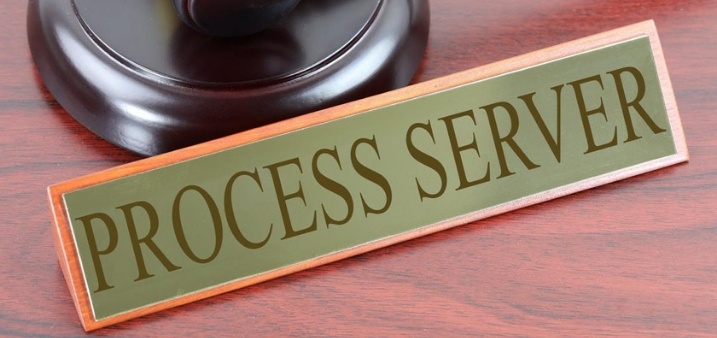The Role of a Process Server: Key Responsibilities and Duties
A process server plays a crucial role in the legal system, ensuring that due process is upheld by delivering legal documents to parties involved in court proceedings. This article delves into the essential responsibilities and duties of a process server, highlighting their importance in the judicial process.

What is a Process Server?
A Process Server in Ontario is a professional tasked with delivering legal documents to individuals or entities involved in legal proceedings. These documents can include subpoenas, summonses, complaints, writs, and other court notices. The process server's job is to ensure that the recipient is formally notified of their involvement in a legal matter, which is a fundamental aspect of the due process of law.
Key Responsibilities of a Process Server
Delivering Legal Documents: The primary duty of a process server is to deliver legal documents to the appropriate parties. This can involve serving individuals, businesses, or other entities. The documents must be delivered in accordance with legal standards to ensure they are valid and enforceable.
Locating Recipients: Often, process servers must locate individuals who may be difficult to find. This can involve investigative work, including searching public records, conducting interviews, and utilizing online databases. The ability to find recipients who are avoiding service is a critical skill for a process server.
Ensuring Proper Service: Legal procedures dictate how documents must be served. Process servers must understand and comply with these rules, which can vary by jurisdiction and document type. Proper service might include hand-delivery, leaving documents with a responsible party at the recipient's residence, or, in some cases, service by mail or publication.
Maintaining Accurate Records: Process servers must keep detailed records of their attempts and successes in serving documents. This includes the time, date, and location of service, the recipient’s reaction, and any other relevant details. These records are crucial if the service is contested in court.
Filing Proof of Service: After serving documents, process servers often need to provide proof to the court that service was completed. This is typically done through an affidavit or certificate of service, which must be notarized and submitted to the court to confirm that the recipient was properly notified.
Testifying in Court: In cases where the service of process is challenged, a process server may be required to testify in court about the service attempts. This can include providing evidence of the steps taken to serve the documents and verifying the accuracy of their records.

Skills and Qualities of an Effective Process Server
To excel in their role, process servers must possess a unique set of skills and qualities:
- Attention to Detail: Ensuring all legal requirements are met requires meticulous attention to detail.
- Persistence: Finding and serving elusive individuals demands perseverance.
- Discretion: Handling sensitive legal documents requires a high level of confidentiality and professionalism.
- Communication Skills: Clear communication is essential when interacting with recipients and court officials.
- Problem-Solving: Navigating obstacles in serving documents requires creative and resourceful thinking.
The Importance of Process Servers in the Legal System
Process servers are vital to the judicial process because they uphold the principles of due process, ensuring that all parties are properly informed of legal actions against them. This allows individuals to respond to legal proceedings, protecting their rights and ensuring fair treatment under the law. Without process servers, the legal system would struggle to function efficiently, and many cases could be delayed or dismissed due to improper notification.

Conclusion
The role of a process server is integral to the functioning of the legal system. Their responsibilities and duties ensure that legal documents are delivered accurately and promptly, safeguarding the rights of all parties involved. By fulfilling their role with diligence and integrity, process servers help maintain the fairness and efficiency of the judicial process.
Comments
Post a Comment